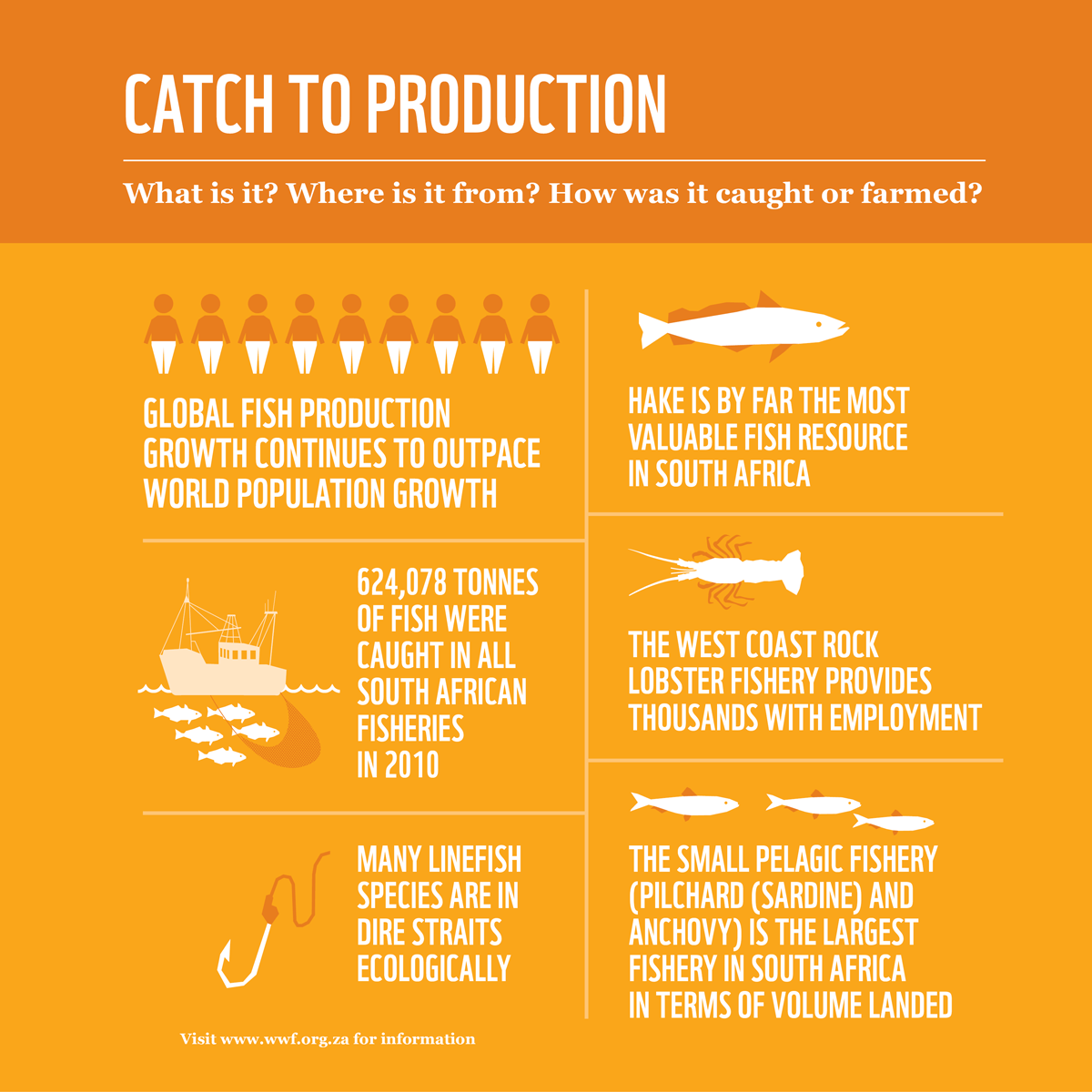Menu
Our oceans are valuable in so many ways… from the air which we breath, ingredients for medicines and cosmetics, regulators of climate, and act as a carbon sink, absorbing carbon from the atmosphere. The ocean is a shared resource, people depend on it for livelihoods and employment opportunities. It is a food source, for seafood lovers and subsistence fishers. Our oceans are trade routes, and of course provide fun and recreation plus serve as a place of deep cultural & spiritual significance for many. Despite these many contributions, the economic, social, and cultural benefits often go unnoticed. Regrettably, unsustainable fishing methods, along with climate change and pollution have severely diminished fish populations and altered ecosystems to an extent that poses a threat to numerous marine ecosystems and species.
There has been a dramatic increase in the amount of fish and other marine creatures taken out of the seas in recent decades, and globally many fish stocks are already fully fished or overexploited. In South Africa, many linefish species – the most accessible of our inshore fish stocks – are overexploited or have collapsed. Furthermore, often significant amounts of bycatch (incidental catch of non-target species) are caught and thrown back. Some survive, but many don’t.
Not only are we catching many fish, but the methods we use to catch them are often destructive, damaging the marine environment. Marine habitats, particularly coral reefs, have been permanently damaged by destructive fishing practices, such as commercial trawling.
Marine protected areas (MPAs) are one tool for providing healthy habitats for fish to live and breed in, as well as refugia for endangered species, such as turtles, marine mammals and sharks. MPAs restrict fishing practices or exist as no-take zones that allow depleted fish populations to recover. Yet, only a small proportion of our ocean is formally protected in MPAs and the vast majority remains open to fishing.
Overfishing and its associated environmental impacts are among the biggest environmental challenges that our generation has to tackle – alongside climate change. Increasing pressure on already-overexploited resources comes from various sectors, including growing coastal populations and illegal fishing, and remains a big challenge to managing our fisheries sustainably.
So what can you do about it? Quite a lot, actually. Why not start here?

Quick links
© WWF SASSI | WordPress website design and development by The Ethical Agency, a leading Digital Marketing Agency for sustainable brands | Website powered by green renewable energy website hosting.